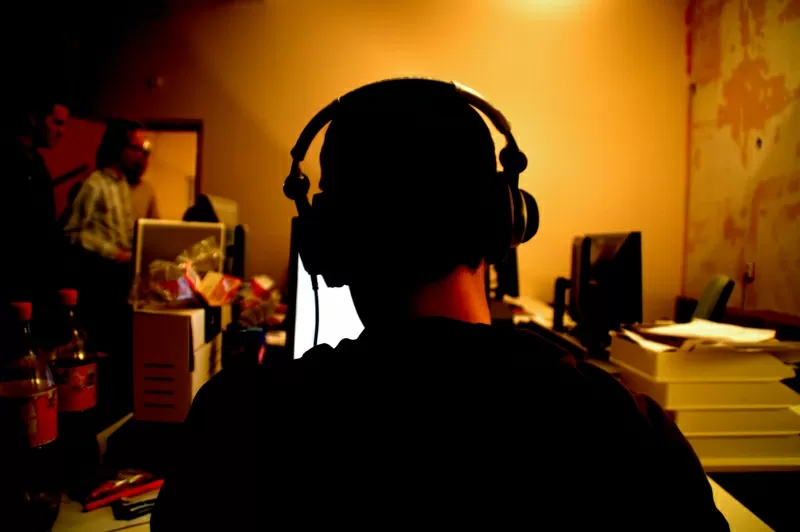A hot potato: Dangerous addiction to video games among young people can be as destructive as any other addiction. It's led to the creation of a clinic in the UK designed specifically to treat gaming disorders, exposing some of the worst symptoms: violence, refusing to go to school, and even running away from home at night to find a Wi-Fi spot.

Professor Henrietta Bowden-Jones had been contacted by relatives of young gamers asking for help while she was director of the National Problem Gambling Clinic. It led her to believe people were spending money on gaming products in an all-too-familiar compulsive and destructive manner.
It led to the UK's National Health Service setting up the first clinic designated to treat these addictions: The National Centre for Gaming Disorders, which saw its first patient in 2020. The clinic had expected to see no more than 50 patients per year, but it has about 800 referrals annually.
Bowden-Jones recounts some of what she's seen as head of the clinic in The Guardian. The most shocking are tales of children running away from home in the middle of the night in the hope of picking up an open Wi-Fi signal on the steps of random homes after their internet connection was switched off by their parents.
There are tales of children who told their parents that they would rather be dead than not game, and people getting hurt when doors and other objects are broken in fits of rage. This domestic violence is usually caused by arguments about money.
An interesting reveal is that almost nobody who seeks help has a gaming disorder and a gambling disorder. However, about a third of patients did borrow money from parents and used monetary gifts on loot boxes. If no money was available, the more impulsive gamers would steal it using their parents' bank cards.
Bowden-Jones notes that competition and ability are important to patients, so many refuse to use pay-to-win loot boxes.

Loot boxes have always been controversial, but they gained notoriety when Electronic Arts decided to implement versions with pay-to-win elements in 2017's Battlefront 2. It led to lawsuits, countries demanding bans, and the EU voting to take action against loot boxes (and gold farming and addiction) in January.
While most patients are male aged between 16 and 17, gamers in their 20s and 30s are seeking help. The oldest patient is a woman in her 70s. Adults with gaming disorder can risk their relationships, jobs, and may end up in excessive debt.
Back in 2018, the World Health Organization defined gaming disorder as a mental health condition. It is characterized by impaired control over gaming, giving games priority over other interests and daily activities, and continuing to game despite the negative consequences arising from the habit.
The WHO writes that gaming disorder can be identified by gaming that causes significant impairment to a person's functioning in personal, family, social, educational, occupational, or other important areas, and would normally have been evident for at least 12 months.

One of the most well-publicized stories about gaming addiction arrived in 2018 when a nine-year-old girl was reportedly so addicted to Fortnite that she was placed into rehab after wetting herself rather than walking away from the screen to use the bathroom.
https://www.techspot.com/news/99413-violence-running-away-wi-fi-theft-look-gaming.html